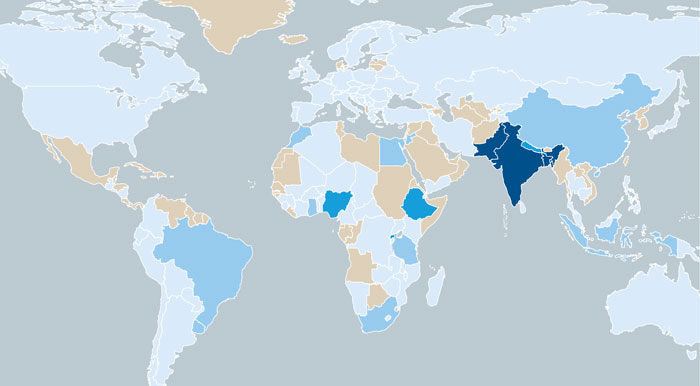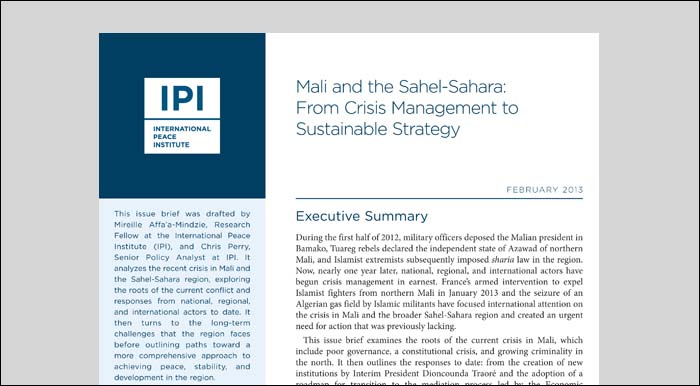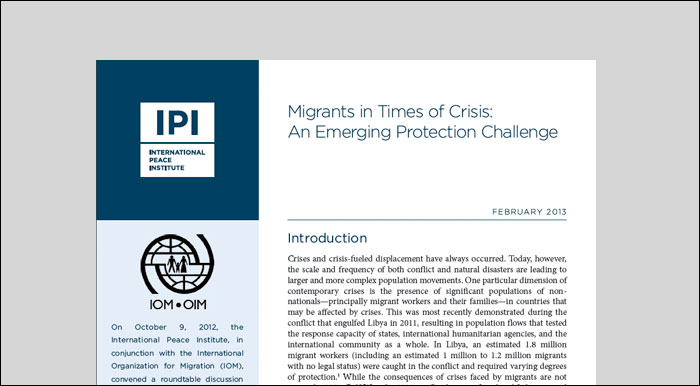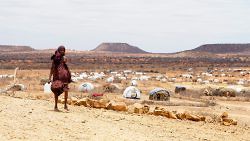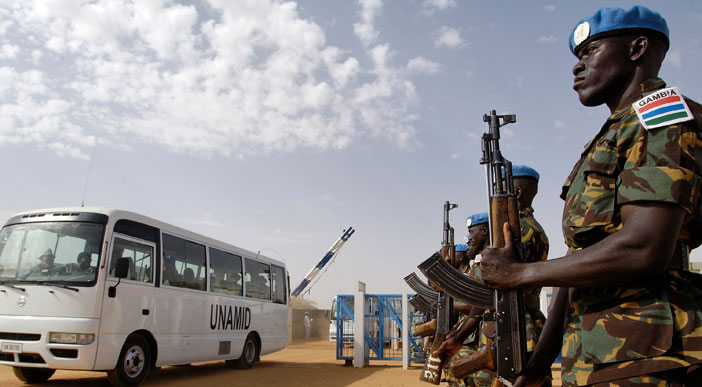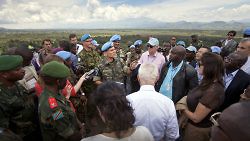
A UN Security Council delegation visits the Democratic Republic of the Congo, October 6, 2013. UN Photo/Sylvain Liechti.[/caption] The Security Council issued 1,557 demands to conflict parties in civil wars in the 15 years following the end of the Cold War, through its resolutions. Based on a statistical analysis of IPI’s Security Council Compliance Database, […]
Read more
